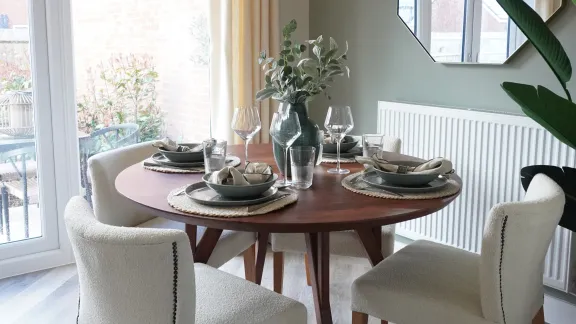Your First Time Buyer Questions answered
Do I need a full time job to get a mortgage ?
When a lender makes a decision to offer you a mortgage, they will consider your income and outgoings. Your income can be from a variety of sources, depending on the lender. So you do not need to have a full time job, but they will assess your affordability based on your income.
What’s the difference in a variable or fixed interest rate?
A fixed interest rate mortgage, means that the rate of interest will not change for a period of time i.e. 2 years, 5 years etc and therefore your payments will be fixed for this period, enabling you to budget. With a variable rate mortgage the payments will change if the interest rate changes.
How much deposit do I need
The amount of deposit will depend on your overall affordability and type of purchase; however, the minimum deposit required will be 5% of the purchase price.
What is the Government’s First Home scheme?
The First Home Scheme allows first time buyers to buy a newbuild property at a minimum of 30% below the market value. The scheme will be available on selected plots only. The discount will be passed on when you sell the property.
Where can my deposit come from?
The source of your deposit can be from savings, a gift from family or friends or even a loan. However, not all lenders will accept all of these sources of deposit so its best to speak to your advisor.
How will my credit rating affect my ability to get a mortgage?
Your credit rating is based on information you supply to a lender and information they gather from credit reference agencies (Equifax, Experian etc). Points are awarded for certain attributes i.e. are you a homeowner, how long in your current employment. The points are added up to give your credit score. Each lender assesses this information differently and will accept different cases based on the applicant’s credit score.
What is the terminology: DIP, AIP etc?
A Decision In Principle (DIP) and Agreement In Principle are the same. This is when certain information is provided to a lender about your circumstances and requirements and a credit search is conducted. A lender will then say if they would be happy to accept a full mortgage application from you and subject to additional checks will consider offering you a mortgage. You are not committed to proceed at DIP/AIP stage, but this helps your case when viewing properties.
When do my mortgage payments start?
Your mortgage payments start from the day you complete the purchase of your new home. However, you will be notified by your lender about the date of your first payment and the amount. This may mean your first payment is higher than your normal payment as it may be covering more than one month.




